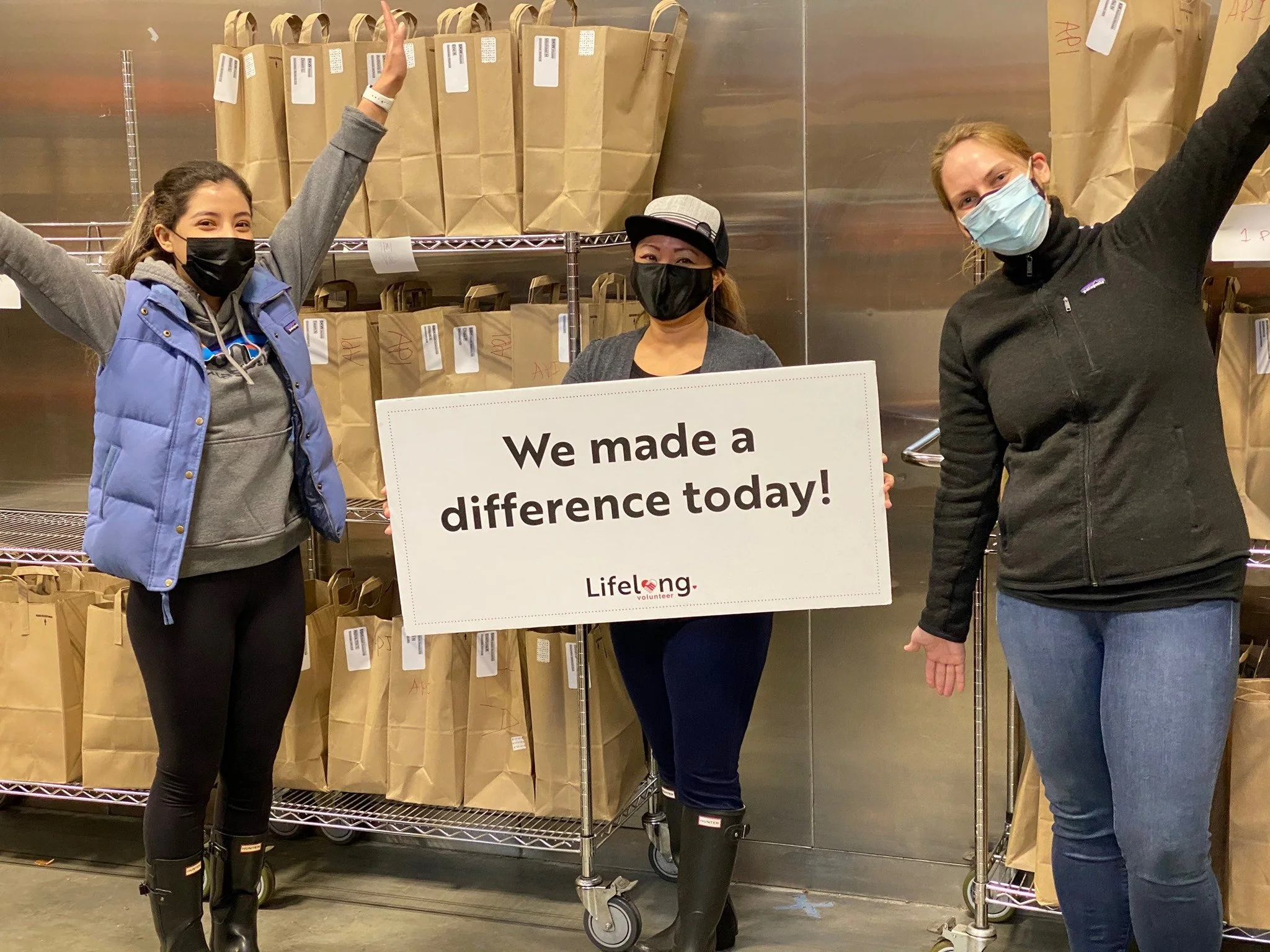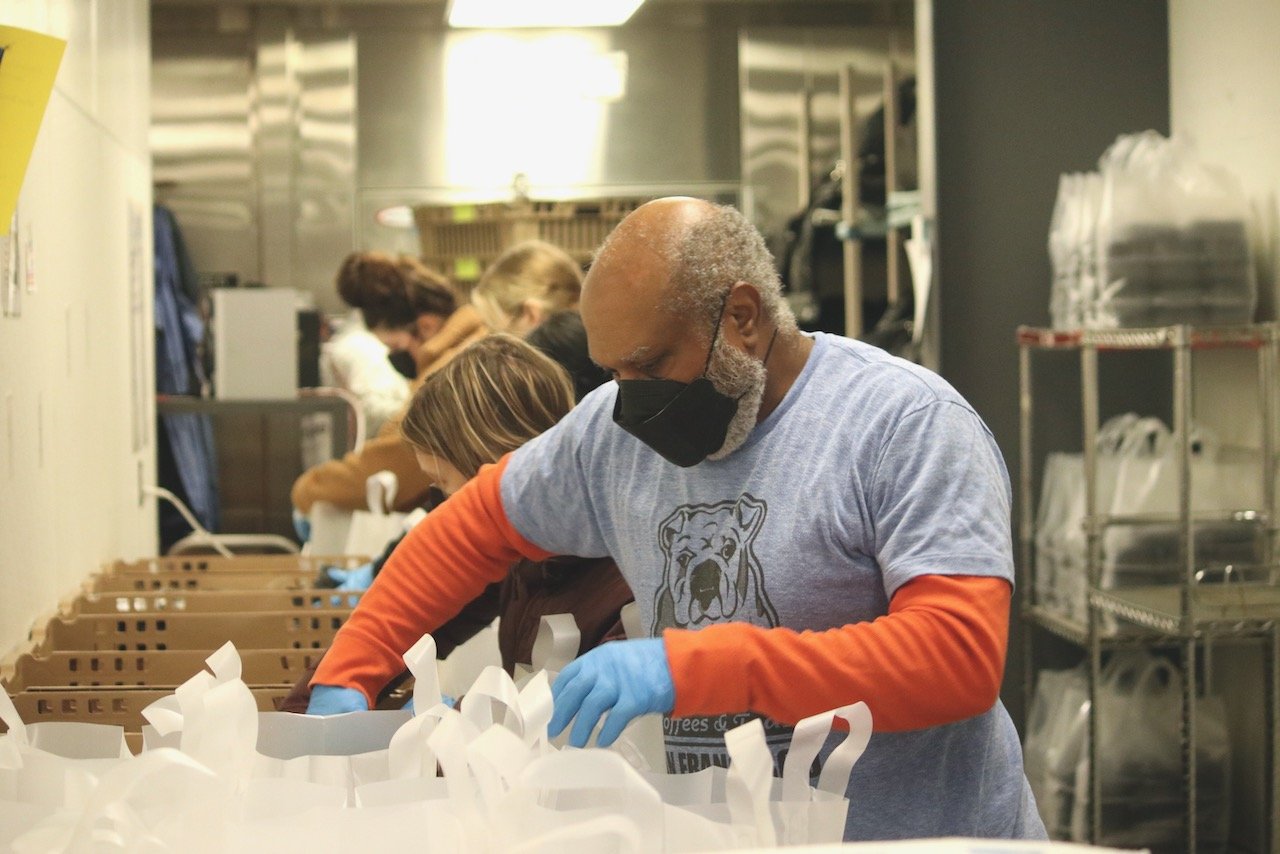We are looking to fill two AmeriCorps positions for the September 2022 – May 2023 term.
Focusing Resources on AAPI Mental Health
At Lifelong, we believe in health for all. We must continue to acknowledge and learn from the historic and ongoing systemic injustices faced by Asian American and Pacific Islanders (AAPIs) in the United States, while honoring their immeasurable contributions. As the fastest growing racial group in the U.S., they represent an emerging and priority community with unique health challenges and needs.
A Tribute to my late mentor and friend, Paul Farmer, during AAPI Heritage Month
As a newly minted internal medicine physician, I found myself working in the cancer wards of a rural hospital in Rwanda. Despite our innovative approach to working in a resource limited setting, I quickly learned the long-term impact of inequities stemming from colonialism, structural violence, and other socioeconomic injustices.
Honoring our Roots with Support for NTHTD + Beyond
Did you know an estimated 1.4 million adults identify as transgender in the U.S.? National Transgender HIV Testing Day (NTHTD) was observed on April 18th, illuminating the importance of routine HIV testing, status awareness, and HIV prevention and treatment.
We ❤️ our volunteers
This past year, 876 volunteers donated 24,000 hours to support our critical work, which offset more than $684,960 in program costs that we rely on to continue providing medically tailored meals and culturally relevant grocery bags, safe and stable housing, and other critical health services to thousands of neighbors facing illness and poverty.
If Mary could thank you in kale, she would
As we all age, we’re prone to chronic conditions like arthritis, heart disease, and strokes. Healthy eating, exercise, and regular medical check-ups can help prevent many of these ailments, but only if you have access. Nutritious food is one thing that can go a long way to prevent you from developing diabetes or cardiovascular disease.
Expanding access to critical nutrition care this National Nutrition Month
For people living with serious illnesses like diabetes, kidney disease, heart disease, and HIV, it’s vital to have access to nutritious food to better manage their illness and reduce symptoms, but for those who can’t access healthy food that’s tailored to their medical needs, they risk seeing their health decline further or worse: it can end up costing them their life.
Building an anti-racist future this Black History Month & beyond
The pandemic showed us that our diversity, equity, and inclusion (DEI) work is more crucial than ever. We must advance our agency, both internally and externally, to support the people in our community whose health and lives depend on us to dismantle these racist systems right here in Washington State.
Making Way for Healthy Black Futures in Black History Month
Each year, the Association for the Study of African American Life and History designates a theme for Black History Month. It’s not surprising that 2022 is Health and Wellness, which is especially important as we enter into the third year of coping with the impacts of COVID-19, as well as February also being American Heart Month.
Join our team & help us fight for health for all
Join our team of people dedicated to improving health for all! When you work at Lifelong, you become part of our mission to remove barriers to health with relentless compassion so no one faces illness and injustice alone. Check out our current list of opportunities and hear from Max, a longtime staff member, on why he loves working at Lifelong.
A physician’s perspective on how the AIDS epidemic prepared us for COVID
I recently came across a medical report that stopped me in my tracks. I had seen it before, but its implications to today are goosebump-inducing. It was dated June 1, 1981 – an article from the CDC reporting five patients with Pneumocystis pneumonia. It was the first published report of the AIDS pandemic.












